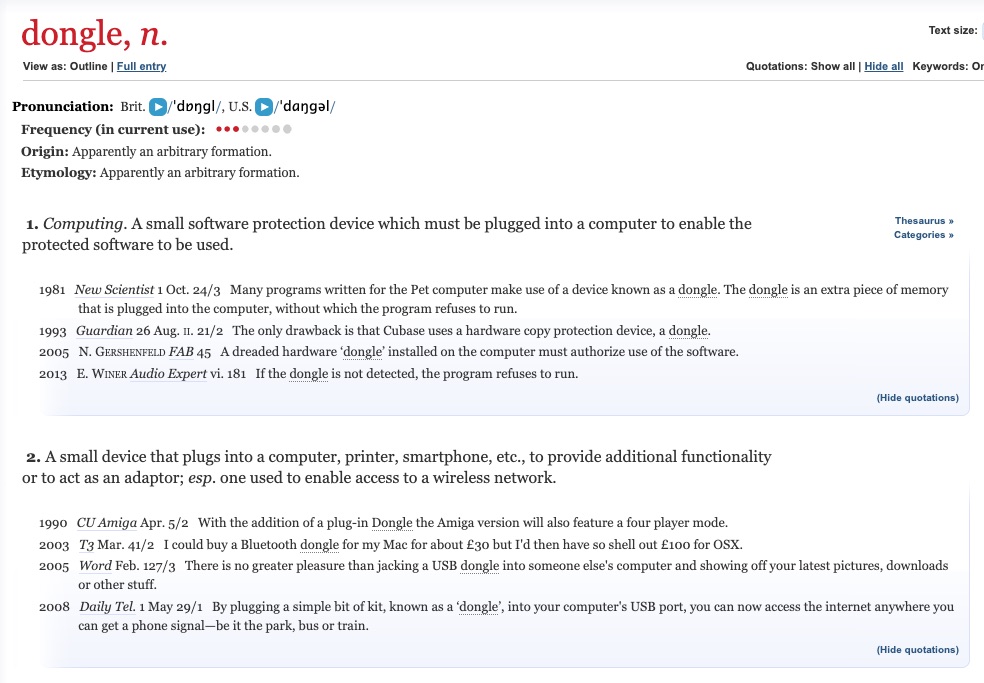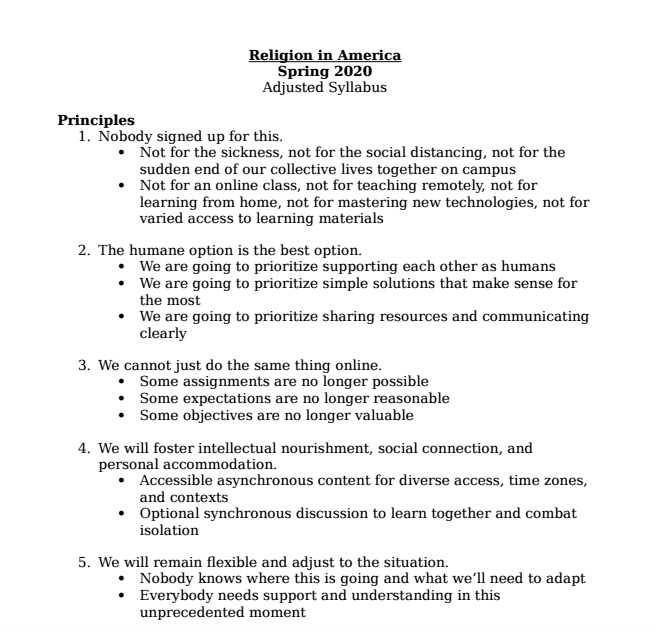Dear Physics Community, Huge thanks to Alan Guth for a terrific colloquium today! About 275 people zoomed in and there were good questions at the end. I read this interesting paper in Science Advances the studied bias in stories journalists chose to cover. The conclusion is that there is little liberal/conservative bias in the stories mostly liberal journalists choose to cover. Also, the methodology of the study is very interesting. Physics Department Events
- Wednesday, April 8, 4-5 pm – Office Hours for Graduate Students with Peter Fisher and Nergis Mavalvala
- Thursday, April 9, 2020, 12-1:30 pm – Faculty-Staff-Student lunch, “Social and Ethical Responsibilities of Computing”, David Kaiser and Julie Shah
- Thursday, April 16, 2020, 12-1:30 pm – “Grading and Exam Guidelines for the Spring Term”, Nergis Mavalvala
- Thursday, April 23, 2020, 12-1:30 pm – Nikta Fakhri
Physics Department Thursday Lunch – we devoted today to a discussion of how remote teaching was going so far. Ryan will post the video of the discussion, led by Iain Stewart and Nergis Mavalvala. In the meantime, many of the ideas are on the Piazza page Iain has set up, 8.ONLINE-EDU. Some high points:
- Ed Bertschinger has set up a mentoring program in his 8.02 section that is becoming widely used.
- There was an interesting discussion of the value of being able to see the students on the video to gauge audience reaction while at the same time we heard concerns that students might not want their images or voices recorded. We do not distribute these lectures outside MIT, but there still may be a chilling effect.
- Exams – Barton had an 8.051 midterm using the MITx platform that went well. There were 10 T/F questions and 3 problems. The in-class version would have been 1.5 hours, but he allowed 3 hours. The three problems had no partial credit but were broken into 16 parts.
Academic Continuity Meeting Transition rules – We were reminded of the Rules and Regulations of the Faculty, Section 2.12:
Exercises shall, in general, be held between 9 A.M. and 5 P.M. Monday through Friday. Exercises shall begin five minutes after and end five minutes before the scheduled hour or half-hour.
applies to online instruction as well as residential. When using zoom, you can switch from one meeting or lecture to another in less than a minute, but it is important to take breaks.
CPW (now called CP*)- Campus Preview Week, like everything else, is virtual this year. Stu Schmill reported that CP* is important for MIT as the more people know about MIT, the more likely they are to accept an offer of admission. He reports this is especially true of women, students of color, and first-generation students, important demographics. Admissions is working hard to make CP* go well this year.
PPE – Elazer Edleman of IMES report MIT’s efforts to provide PPE to local hospitals is growing. The donations program has gotten about 220,000 pieces of PPE form MIT and Lincoln Labs delivered, our alumni in China is sending PPE from there and there is an MIT led manufacturing effort that is delivering 100,000 face shields next week. Other manufacturing efforts are moving along as well and we are working on partnering with other Massachusetts universities.
Campus – MIT will use several now-empty dorms to support Cambridge and MIT students:
- MIT essential personnel overnight accommodations – 100 beds
- City essential personnel overnight accommodations – 100 beds
- MIT COVID positive – convalescing – 100 beds
- Tier 2 acuity hospital – care for those with COVID-19 who do not require Tier 1 care (See here for definitions)
My friend John Schule passed away last week. John spent his career as a minister and Robert Hughes sent me John’s benediction:
JOHN SCHULE’S BENEDICTION Go forth into the world in peace. Be strong and courageous. Do that which is just. Love your God and each other with a singleness of purpose, And rejoice always in the power of the Holy Spirit.
Peter
P.S. I am posting these messages in my blog roll here and I have been accumulating useful links that have gone by here. In particular, I am trying to keep a list of MIT policy communications.
Thanks to Physics Council, Cathy Modica, Vicky Metternich and Christina Andujar for input and comments on these messages.


